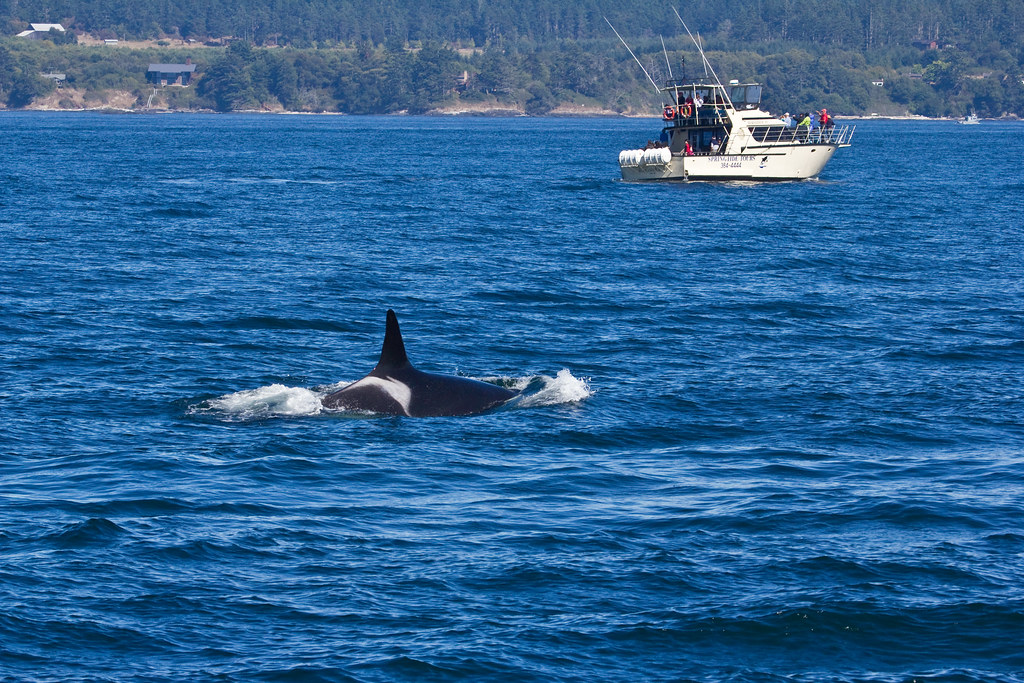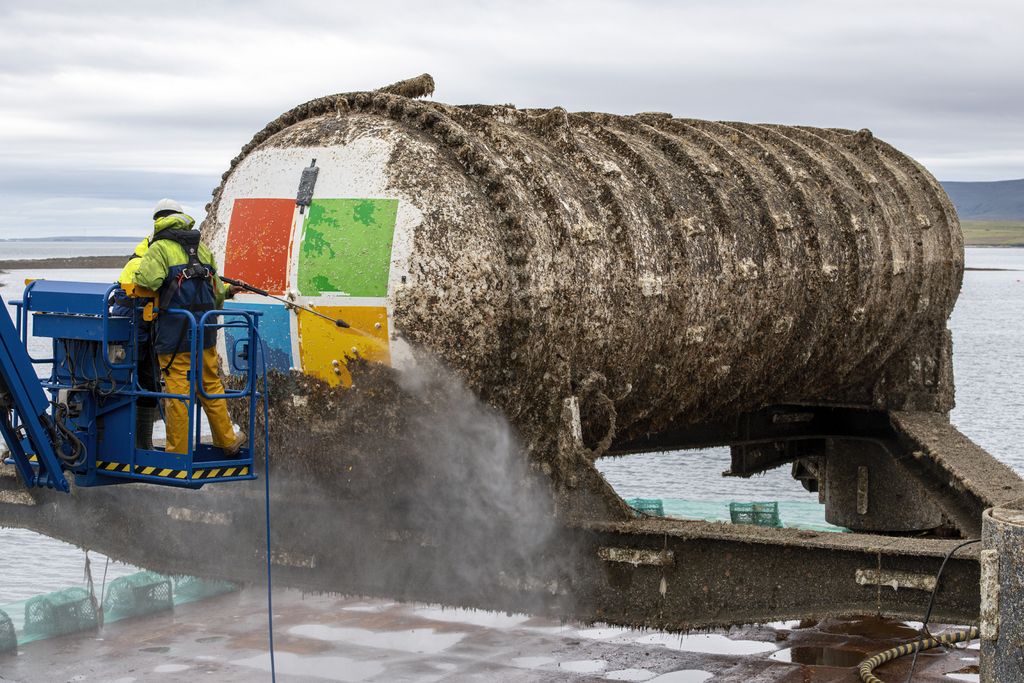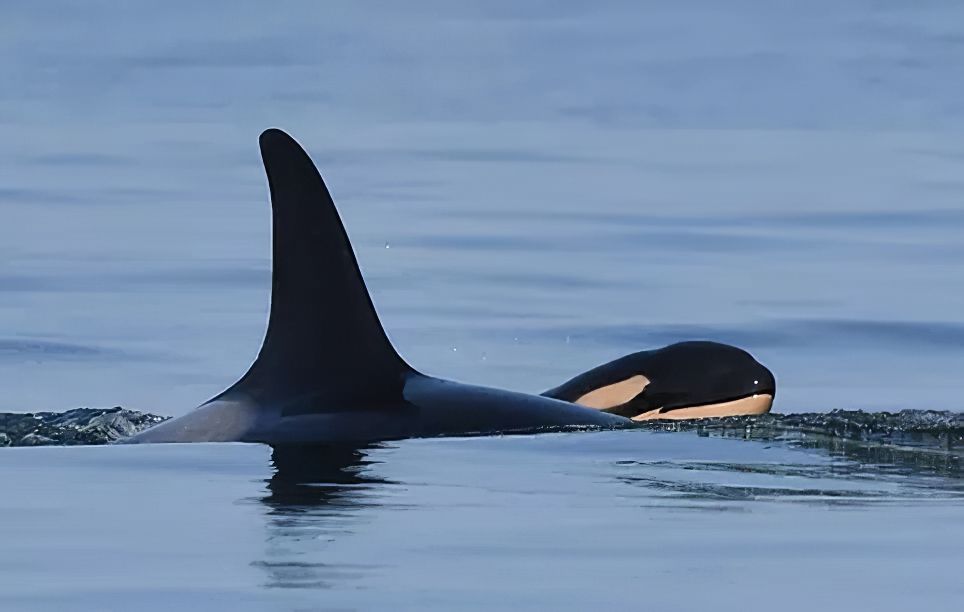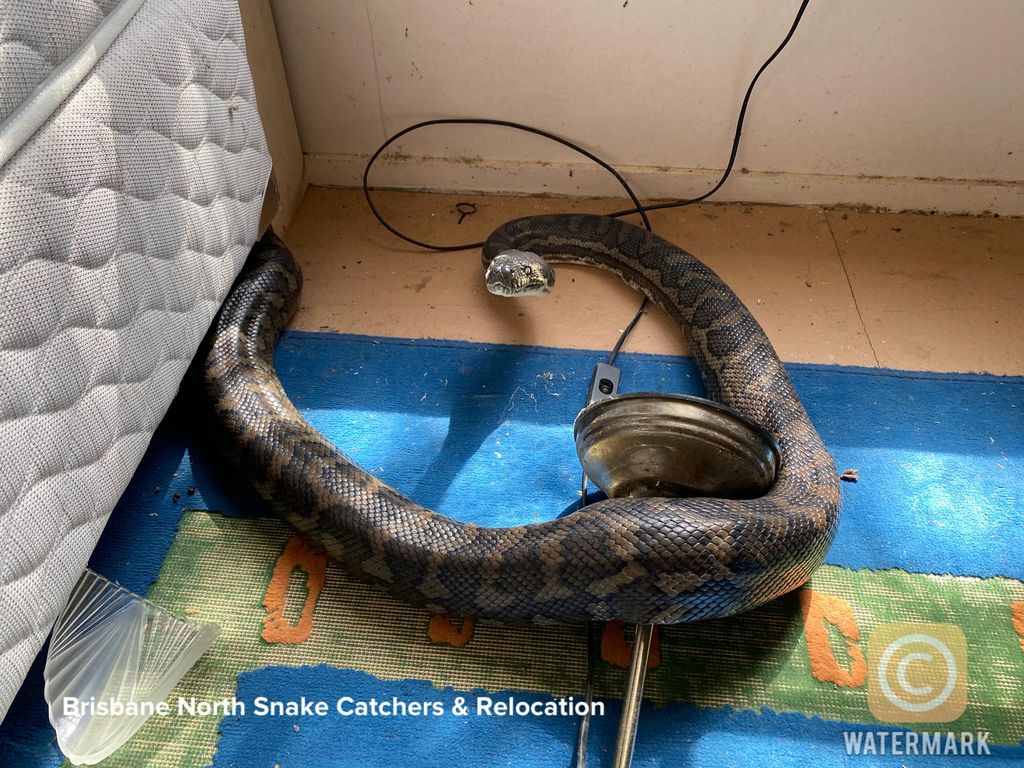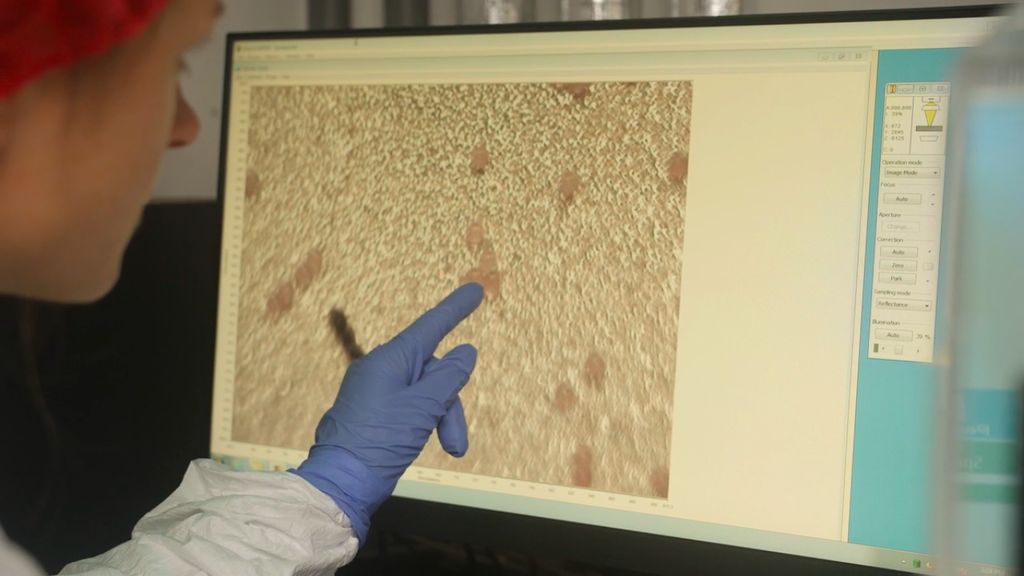Among the more unusual news stories recently…a humpback whale swims up a river in Australia, away from the ocean, orcas off the coast of Spain are ramming boats, and 10,000 ducks race to clean rice paddies in Thailand.
Published in “Europe”
The computer company Microsoft recently ended an unusual experiment by pulling up a data center that has been serving internet requests from under the sea for the last two years. The company says the experiment was a success.
Yesterday, the United Kingdom's House of Commons passed a bill which would allow changes to the Brexit deal the country signed with the European Union just last year. The bill, which would break international law, has upset many people.
In today's news roundup, a fire destroys most of Europe's largest refugee camp, protests continue in Belarus despite a harsh government reaction, and Colin Kaepernick is back in the game - at least a video game.
Among the more unusual news stories recently…the notes change in a piece of music that lasts 639 years, an orca mother who lost a calf two years ago has another baby, and scientist take a super high-quality picture - of broccoli.
Criminals are targeting the computer systems of school districts, universities, banks, large businesses, and other groups around the world, locking up their computer files, and refusing to unlock them until they are paid.
The coronavirus pandemic has been hard on most businesses, but airlines have been hit harder than most. Many airlines have been forced to shut down. Those that remain in business are having to get creative.
Germany reports that Alexei Navalny, a well-known critic of Russian President Vladimir Putin, was poisoned. It seems likely that the Russian government is behind the attack, leaving the governments of other countries unsure of how to respond.
Among the more unusual news stories recently…a famous Dutch painting gets stolen for the third time, Sydney's new ferries are too tall, London's Tower Bridge gets stuck open, and a new law could require exercise for German dogs.
Researchers report that there is 10 times more plastic in the Atlantic Ocean than previously thought. The scientists got their results by collecting samples of "invisible" microplastics below the ocean's surface.

